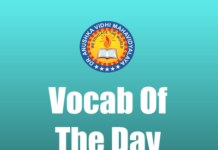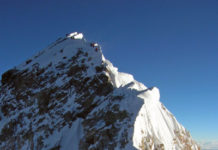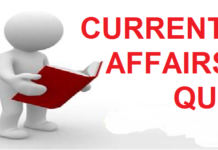Hollow victory: On the Russian election, Putin’s win
The manner of Putin’s win exposes the underlying weakness of the regime
The result of Russia’s March 15-17 elections was known to everyone even before the first ballot was cast. The only question that needed to be answered was what the winning margin of President Vladimir Putin, who has been at the helm for nearly a quarter century, would be. On Monday, Russia’s Central Election Commission (CEC) said Mr. Putin had won nearly 88% of the vote, while nearest rival Nikolay Kharitonov of the Communist Party, got 4.31%. The country saw a record turnout of 77.44% and the results showed that Russia “is united” under the long-time leader, according to Ella Pamfilova, the CEC chief. In all practical sense, it was a carefully managed election that would have only one possible outcome. Only Kremlin-tolerated candidates were allowed to stand contest. Those critical of Mr. Putin’s policies were barred on technical grounds. The state had also passed legislation in the election run-up criminalising any criticism of the Ukraine war. For Mr. Putin, who faces international criticism over the war, the election was an opportunity to tell the world that the country was united behind his leadership.
Over the years, Mr. Putin, 71, has mastered a complex model of a tightly-held state with regular elections and little dissent. To his credit, he remains a popular leader. For many Russians, he rebuilt the state in the early 2000s after the “decade of humiliation” of the 1990s that followed the collapse of the USSR. Statism, rooted in Orthodox Christian conservative values, replaced the state-sanctioned communism of the Soviet years. He stood up to the West, seeking to restore Russia’s great power glory. He brought wars within Russian territories to an end, ensured economic and political stability and expanded the country’s borders with the annexation of Crimea in 2014. But he also turned the state into a militaristic, authoritarian machinery that sought complete dominance at home and counterbalancing against the West abroad. Two of his most vocal political opponents are gone — Boris Nemtsov and Alexei Navalny — while several others are in jail. The media have been muzzled. And state institutions have practically become branches of the Kremlin. With his sweeping victory, Mr. Putin will likely project further strength and preserve the status quo. But the meticulous way in which the regime staged the election, with the goal of bolstering Mr. Putin’s numbers, and its overzealous attempt to stamp out even the slightest dissent expose the underlying weakness rather than endorsing the strongman image that hangs on the facade of the regime Mr. Putin has built.
















